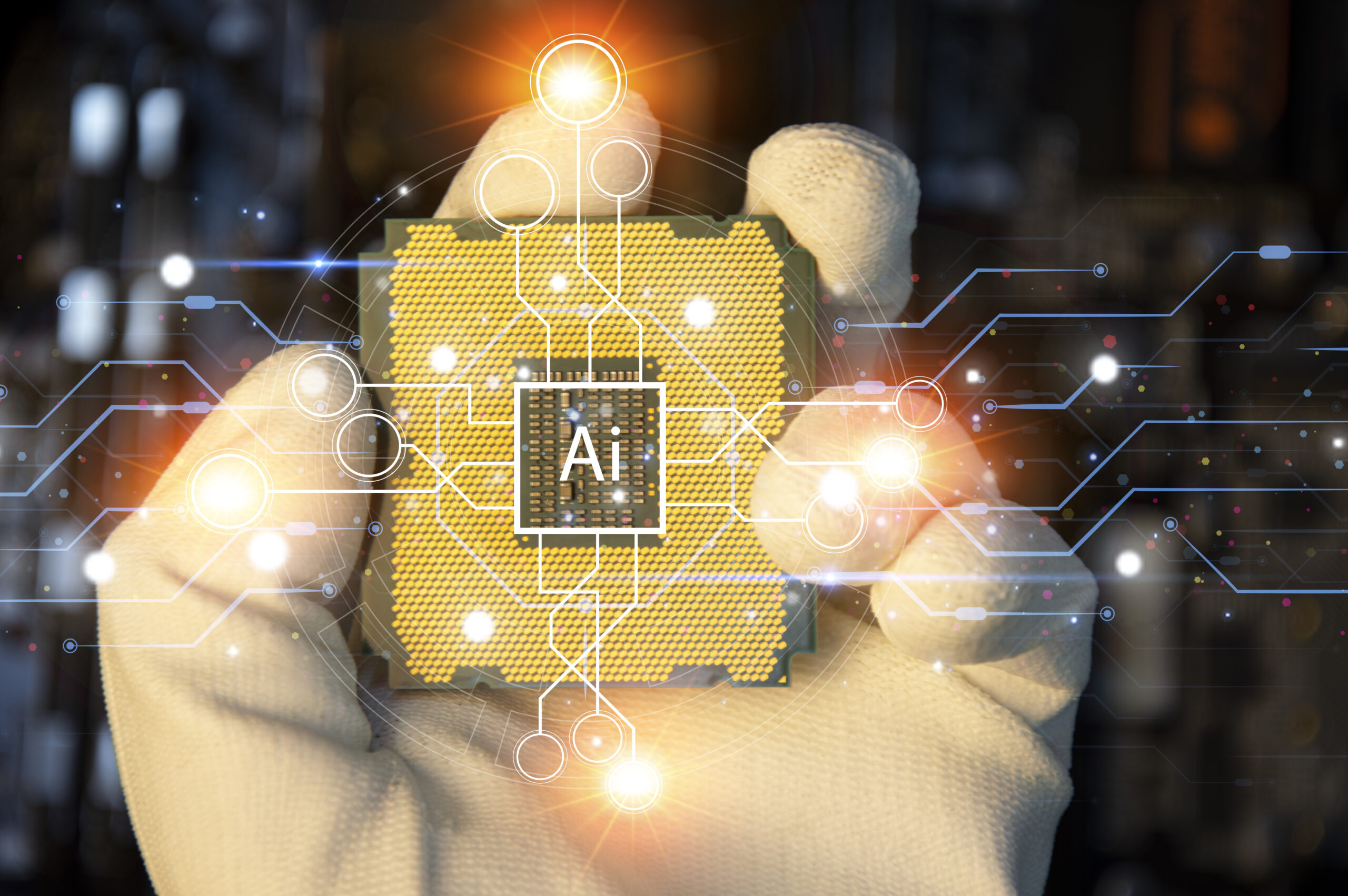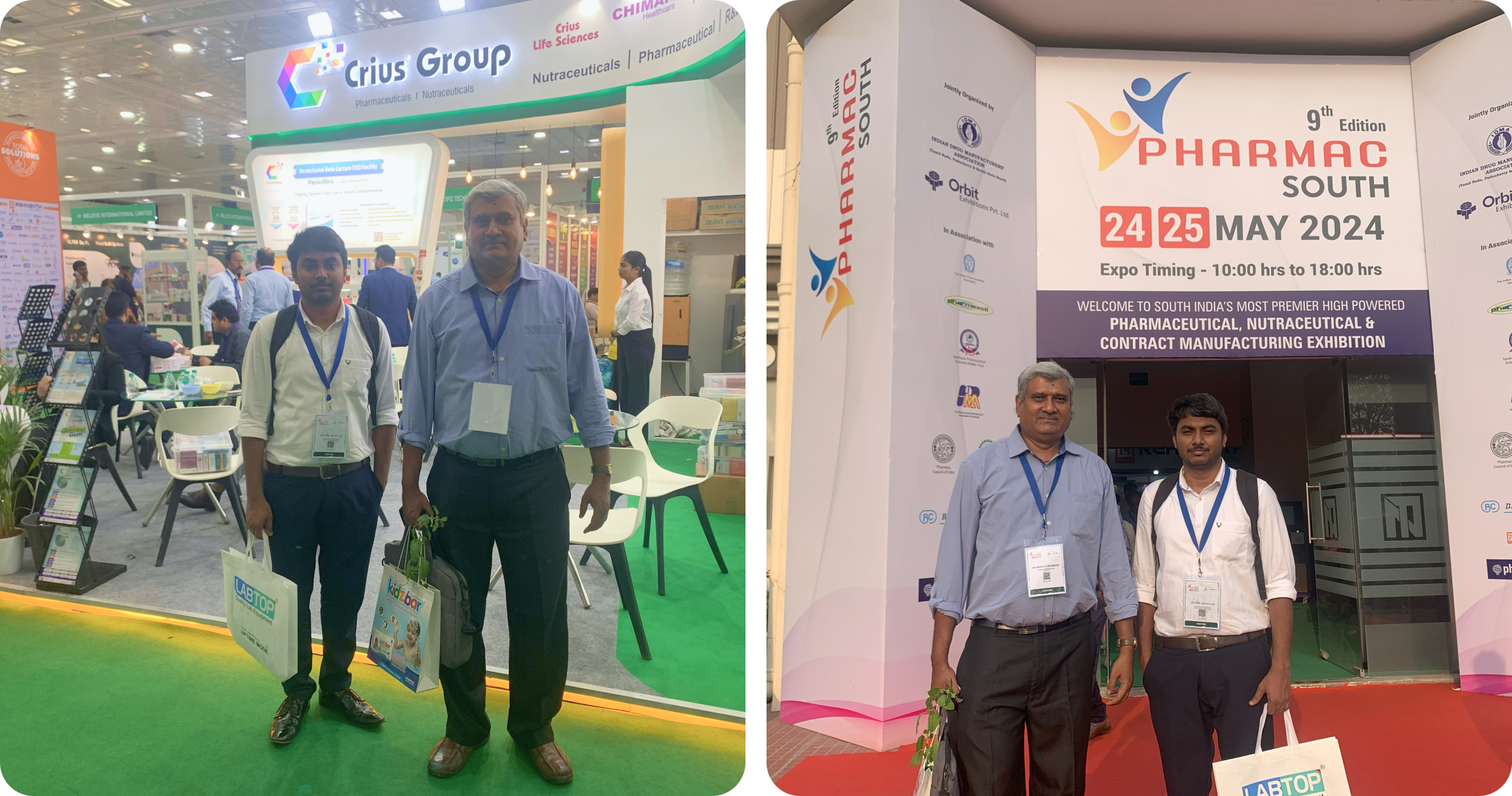Bytes and Bits
Introducing AI Parabellum As artificial intelligence advances at an unparalleled pace, the development of new and innovative AI tools has become essential for shaping the future of the industry.
AI Parabellum is a comprehensive directory that centralizes the discovery of cutting-edge AI tools from around the world. With an easy-to-navigate format, users can explore tools across categories like image, text, video, and audio, including popular image generators, chatbots, and text generators. The directory features an extensive list of the 500+ best AI tools ranked by traffic, ensuring users stay informed about the latest trends and developments.
Additionally, AI Parabellum serves as a platform for AI tool creators to showcase their innovations through verified, featured, and premium listings, gaining exposure to a dedicated audience of potential users and investors. By simplifying the process of AI tool discovery and evaluation, AI Parabellum facilitates greater accessibility and adoption of AI technologies for individuals, businesses, and organizations, positioning itself as a vital resource for staying at the forefront of the AI industry.




